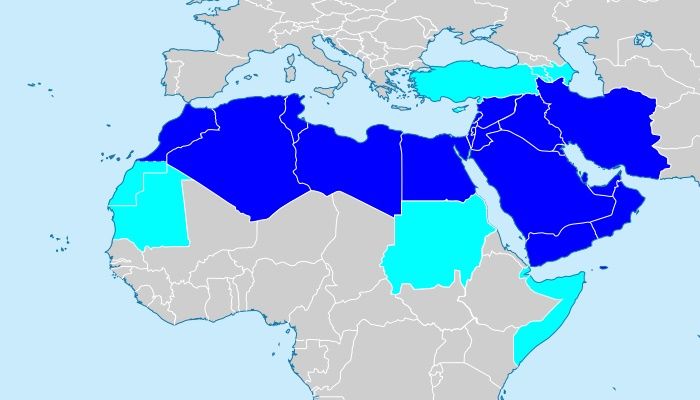Back in 2003, Denmark launched the Arabic Initiative as part of its general foreign and development policy.
READ ALSO: Government presents vision for Danish-Arab partnership program
The initiative was designed to improve understanding between Denmark and the Arab countries.
The main focus was on promoting good governance and realising the economic potential of the region in partnership between Danish and regional NGOs, and this coalesced into the Danish-Arab Partnership Program (DAPP).
A billion kroner injection of cash
Today it was announced by the foreign minister, Anders Samuelsen, that over the next five years some 1 billion kroner has been set aside for new initiatives.
DAPP is going to focus particularly on conditions for young people and women in four selected countries: Egypt, Jordan, Morocco and Tunisia.
“I’m glad that through the program we can intensify our focus even more on the rights of young people and their options in life. This is the key to growth and development in the Middle East,” Samuelsen said.
He added that “in addition, the new program will prioritise job creation and entrepreneurship, as it is vital the young people of the region are especially able to see a viable future there, and where they are.”















